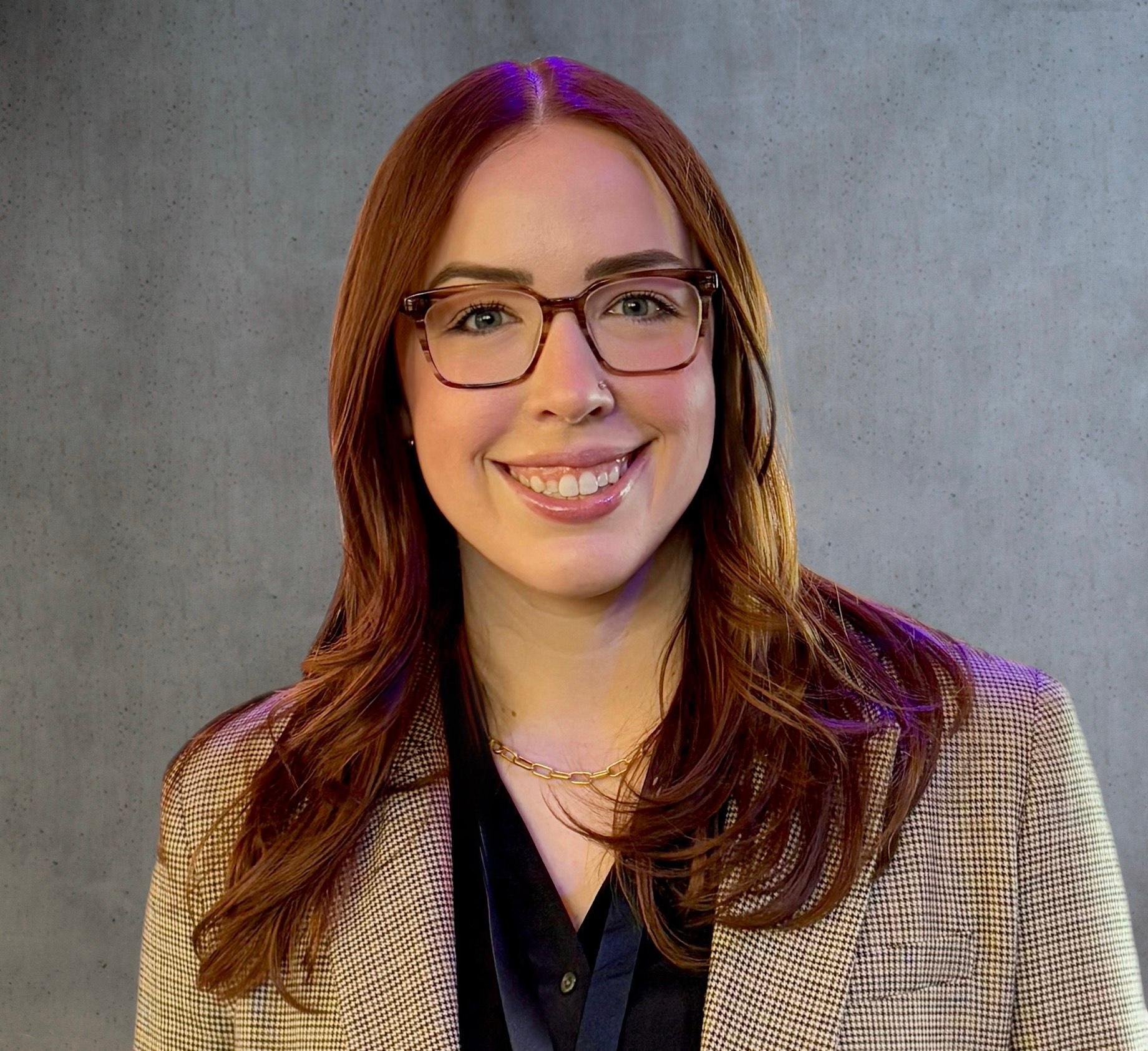Revolutionizing Educational Feedback: Kayla Frank's AI Innovation Journey

When Kayla Frank began her Google AI + Education Fellowship journey, she was a seventh and eighth-grade social studies teacher at Kopachuck Middle School. Now serving as Interim Assistant Principal, her project has evolved to address both classroom and administrative challenges through innovative AI applications.
Frank’s project focused on leveraging AI tools to enhance feedback systems and streamline administrative tasks, with the ultimate goal of creating more time for meaningful student-teacher relationships.
“I think relationships in education are really key,” Frank said. “If you don’t have the time to build them, then you don’t have that same influence and ability to educate.”
Transforming Student Feedback
Frank’s project showcased how Google’s NotebookLM could improve how teachers provide feedback to students. The system she developed can;
- Provide individualized feedback based on specific rubrics.
- Identify key strengths and areas for improvement.
- Generate targeted suggestions for student growth.
- Help form data-informed small groups based on student performance.
What makes this system particularly powerful is its ability to reference source materials directly.
“When it was providing feedback about student work, the teachers could actually click on a number and see exactly what it was pulling from,” Frank explained.
Streamlining Administrative Tasks
Frank’s project extended into the school’s administrative offices, exploring how to make teacher observations and evaluations more efficient. She developed a system that;
- Aligns observation notes with the Danielson Framework for Teaching.
- Helps administrators identify areas where additional evidence is needed.
- Creates personalized professional development resources for teachers.
One creative feature is the ability to generate customized podcasts from professional development materials.
“Admin would be able to create individualized podcasts for teachers based on areas where they thought they could grow instructionally,” Frank said. “This gives teachers more flexibility in how they engage with the content.”
Frank views her experience with the fellowship as instrumental in shaping both her teaching practice and administrative approach.
“I’m part of the Bullying and Prevention Task Force the district hosts, and on the way to meetings I’m able to listen to professional development resources and more by uploading them into Notebook LM and having it create a podcast for me based on what I’m interested in,” Frank said.
Crossing the Bridge Between Teaching and Administration
As someone straddling the fence from teacher to administrator during the fellowship, Frank gained unique insights into how AI can support educational leaders. Her experience using AI tools in the classroom has shaped her vision for administrative implementation.
“Being skeptical of it is healthy,” Frank said. “But we can’t let that prevent us from doing our best to teach our students how to use it in a way that’s really ethical and appropriate for their age levels.”
This balanced approach has informed her leadership style as she transitions into administration. Frank’s perspective on assessment and education has evolved through this work.
“I do think there are some things in education that will have to change because of this new technology,” she said. “How we assess things may have to change, and that is scary, but I think it’s also necessary to evolve as technology is evolving and our kids’ needs are evolving.”
Broader Impact and Future Applications
Frank’s work demonstrates how AI can create more efficient systems while maintaining the human element in education. The time saved through these automated processes can be redirected into building stronger relationships with students and providing more personalized support.
As PSD continues to lead in educational AI, Frank’s project serves as a model for how schools can thoughtfully integrate AI tools to support both teachers and administrators. Her work will be featured in Google’s comprehensive online guidebook in March 2025, sharing these innovations with educators from around the world.